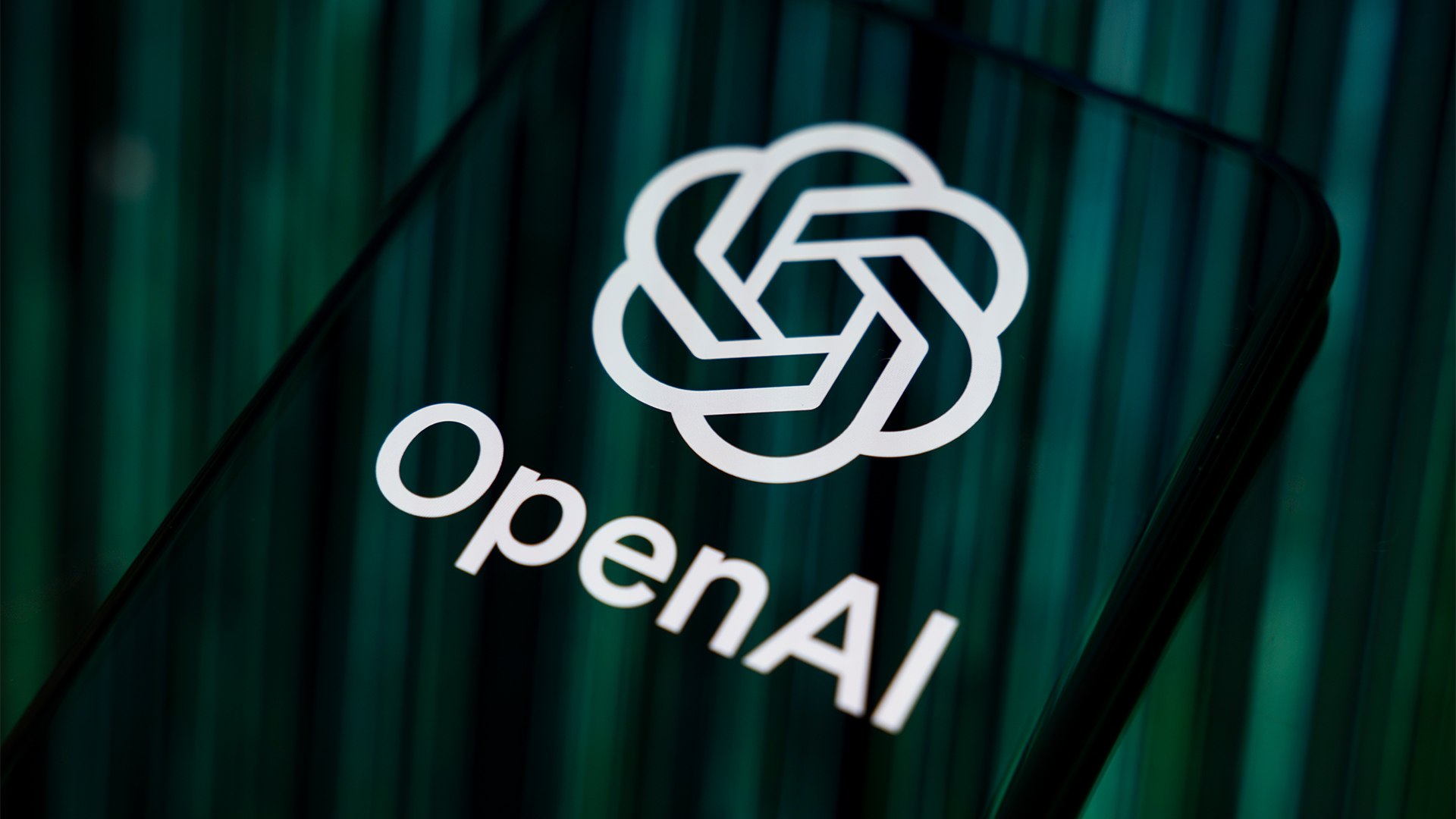Synology DiskStation DS710+ review
This little dual-drive NAS appliance is big on features and expansion potential but is it as clever or as fast as Synology claims? In this review we put the latest DS710+ to the test.
The DS710+ is an expensive dual-drive NAS appliance but it delivers a heap of quality storage features and good speeds over Gigabit. Mirrored arrays will hit performance but the latest firmware adds a range of valuable tools and Synology comes into its own if your future includes big capacity expansion plans.

The latest Surveillance Station 4 feature is one of the best of its kind and far superior to that offered by Thecus. The DS710+ is only licensed out of the box to support one IP camera but this can be increased up to 16.
The supported camera list has been substantially expanded and we had no problems testing with an Axis 216FD. Camera installation has been streamlined with a quick set-up and search facility and you have options for using motion detection via the camera or the Surveillance Station and scheduling automatic recordings.
For general performance testing we called up a Boston Supermicro rack server equipped with dual 2.67GHz X5650 six-core Westmere Xeons plus 12GB of DDR3 memory and running Windows Server 2008 R2. The Iometer utility confirmed Synology's claims as it reported a raw read throughput over Gigabit of 111MB/sec.
Real world performance was also very impressive as well with drag and drop copies of a 2.52GB video clip returning speeds of around 90MB/sec. FTP speeds crept into three figures with the Filezilla utility reporting average speeds of 101MB/sec when uploading and downloading the same test file.
Most users will want data protection so we also tested using the two drives in a RAID1 mirror which took another six hours to create. With the appliance having more RAID related work to do we saw copy speeds drop significantly to 64MB/sec whilst FTP transfers fell to under 70MB/sec.
Compared with products such as Netgear's diminutive ReadyNAS Duo, the DS710+ comes across as very pricey for a dual-drive appliance. However, overall performance is extremely good, it has more features that you can shake a stick at and the optional DX510 unit allows capacity to be easily expanded on demand.
Verdict
The DS710+ is an expensive dual-drive NAS appliance but it delivers a heap of quality storage features and good speeds over Gigabit.
Sign up today and you will receive a free copy of our Future Focus 2025 report - the leading guidance on AI, cybersecurity and other IT challenges as per 700+ senior executives
Mirrored arrays will hit performance but the latest firmware adds a range of valuable tools and Synology comes into its own if your future includes big capacity expansion plans.
Chassis: Desktop
CPU: Intel Atom D410 1.67GHz
Memory: 1GB DDR2
Storage: 2 x hot-swap 3.5in/2.5in SATA drive bays
Ports: 3 x USB2; eSATA
Network: Gigabit Ethernet
Software: Synology Assistant, Download Redirector and Data Replicator 3
Dave is an IT consultant and freelance journalist specialising in hands-on reviews of computer networking products covering all market sectors from small businesses to enterprises. Founder of Binary Testing Ltd – the UK’s premier independent network testing laboratory - Dave has over 45 years of experience in the IT industry.
Dave has produced many thousands of in-depth business networking product reviews from his lab which have been reproduced globally. Writing for ITPro and its sister title, PC Pro, he covers all areas of business IT infrastructure, including servers, storage, network security, data protection, cloud, infrastructure and services.
-
 Qualcomm the data center with $2.4 billion Alphawave Semi acquisition
Qualcomm the data center with $2.4 billion Alphawave Semi acquisitionNews The move sees Qualcomm absorb Alphawave Semi’s portfolio of custom silicon, high-speed connectivity solutions, and chiplets
By Daniel Todd Published
-
 ‘If software development were an F1 race, these inefficiencies are the pit stops that eat into lap time’: Why developers need to sharpen their focus on documentation
‘If software development were an F1 race, these inefficiencies are the pit stops that eat into lap time’: Why developers need to sharpen their focus on documentationNews Poor documentation is a leading frustration for developers, research shows, but many are shirking responsibilities – and it's having a huge impact on efficiency.
By Ross Kelly Published
-
 OpenAI says GPT-5.2-Codex is its ‘most advanced agentic coding model yet’ – here’s what developers and cyber teams can expect
OpenAI says GPT-5.2-Codex is its ‘most advanced agentic coding model yet’ – here’s what developers and cyber teams can expectNews GPT-5.2 Codex is available immediately for paid ChatGPT users and API access will be rolled out in “coming weeks”
By Ross Kelly Published
